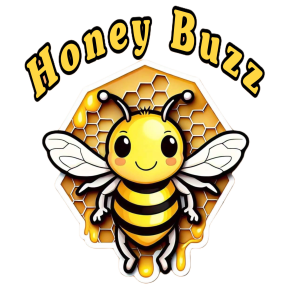Beekeeping is an incredibly rewarding hobby that connects you to the wonders of nature. But for those putting in the dedicated time and effort, beekeeping can also provide opportunities to earn supplemental income or even develop a full-time business. So how much can beekeepers realistically make from their apiaries? The income potential depends on various factors.
The Primary Revenue Streams for Beekeepers:
The main sources of income for beekeepers tend to be:
- Honey Production and Sales
This is likely the most well-known income generator. Beekeepers can sell their excess harvested honey directly to consumers through local markets/stores or online sales. Pricing is typically $5-$10 per pound of raw, unfiltered honey depending on regional pricing.
- Beeswax and Propolis Sales
In addition to honey, beekeepers can earn money from other bee products like rendered beeswax and propolis. These have uses in cosmetics, candles, polishes and can fetch $10-$20+ per pound.
- Pollination Services
Commercial beekeepers can earn significant income by renting out their hives for pollination of crops like almonds, fruits and vegetables. Typical pollination fees range from $50-$200 per hive colony.
- Bee Colony/Package Production
Those operating on a larger scale can make money producing and selling entire nucleus bee colonies or bee packages to other beekeepers starting new hives.
Income Potential Based on Operation Size
For small hobby beekeepers with just a few hives, a reasonable goal might be producing 60-100 pounds of surplus honey per colony to sell each year at $5-$7 per pound. That could potentially equate to $300-$700 per hive in annual revenue.
Commercial sideliners managing 50-500 hives could potentially earn $10,000-$50,000 annually through a combination of honey sales, pollination services, beeswax and other products.
Large-scale migratory beekeepers running thousands of colonies can generate over $100,000 of revenue from pollination contracts alone on top of honey harvests and other product sales.
It’s important to note that not all beekeeping operations will be profitable every year, as annual yields fluctuate based on environmental factors, colony losses and operating costs. But regardless of operation size, dedicated beekeepers can potentially earn a solid stream of supplemental income while doing something they love.
For hobbyists, even small-scale sales of honey and beeswax products help offset operating expenses. And for those willing to put in the management time and effort, beekeeping can absolutely develop into its own business venture with an array of revenue stream opportunities from one of nature’s most diligent workers – the honey bee.
